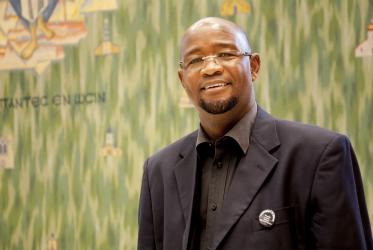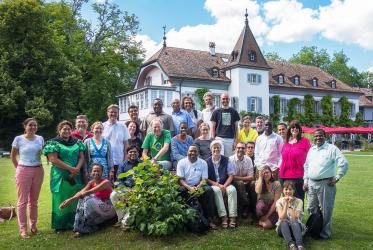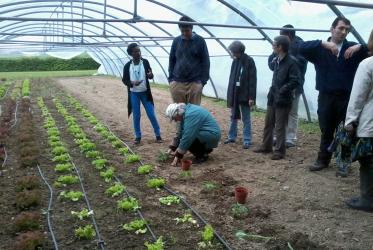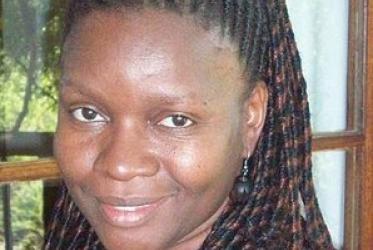Displaying 81 - 100 of 127
Methodist Church in Kenya consecrates second woman bishop
05 February 2016
Basel University honors Ghanian Methodist theologian
09 December 2015
Churches need to do more to tackle HIV and AIDS
23 June 2015
Ecumenical workshop in Cuba promotes life-affirming epistemologies
23 February 2015
Water network develops a theological framework for water justice
12 December 2014
Migration transforms how churches do theology
08 September 2014
WCC commission leadership selected
13 August 2014
Addressing ecology, theology and justice in practice
01 July 2014
Living with God in the context of HIV and AIDS
27 February 2013







